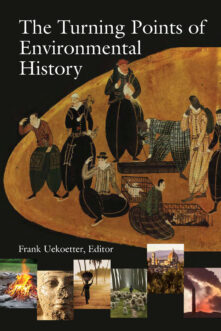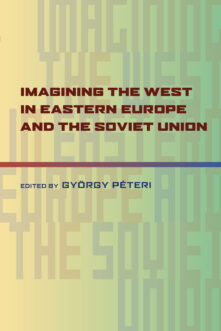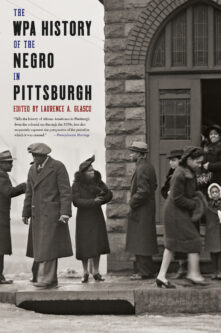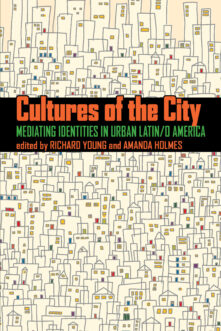Books
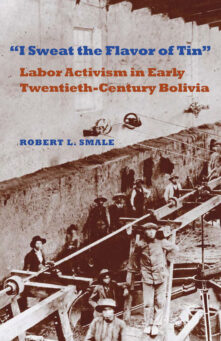
I Sweat the Flavor of Tin
Labor Activism in Early Twentieth-Century Bolivia
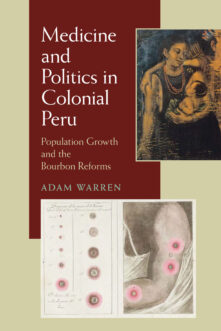
Medicine and Politics in Colonial Peru
Population Growth and the Bourbon Reforms
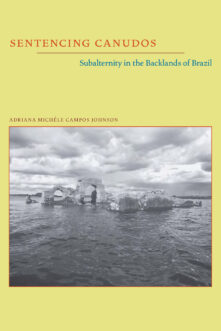
Sentencing Canudos
Subalternity in the Backlands of Brazil
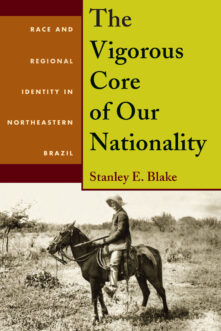
The Vigorous Core of Our Nationality
Race and Regional Identity in Northeastern Brazil
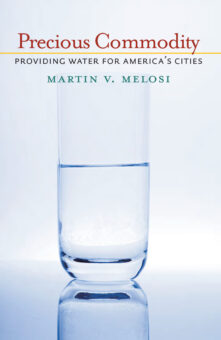
Precious Commodity
Providing Water for America's Cities
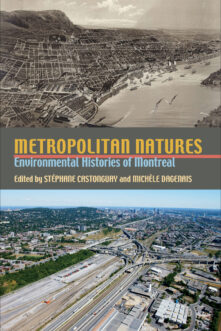
Metropolitan Natures
Environmental Histories of Montreal
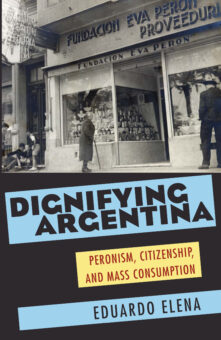
Dignifying Argentina
Peronism, Citizenship, and Mass Consumption
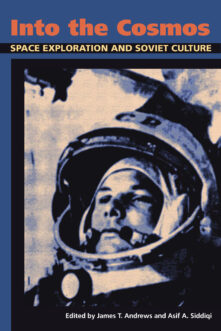
Into the Cosmos
Space Exploration and Soviet Culture
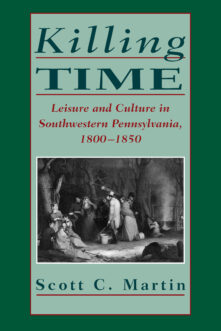
Killing Time
Leisure and Culture in Southwestern Pennsylvania, 1800–1850
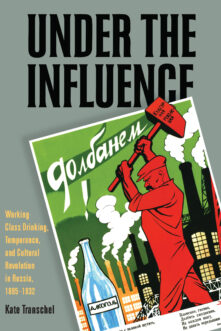
Under the Influence
Working-Class Drinking, Temperance, and Cultural Revolution in Russia, 1895–1932
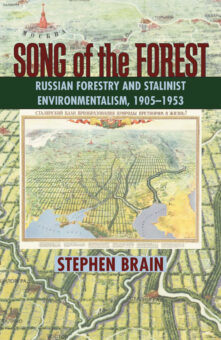
Song of the Forest
Russian Forestry and Stalinist Environmentalism, 1905–1953
Total 205 results found.


